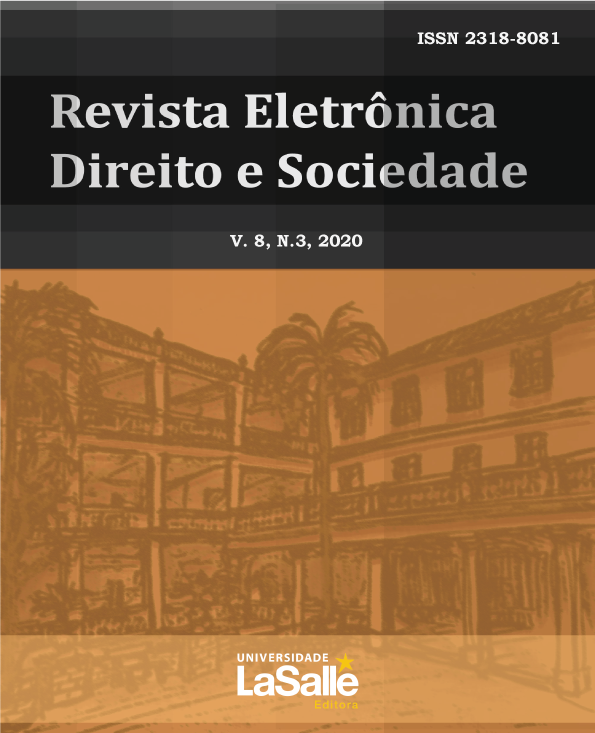In search of truth: an analysis of the concepts of truth in truth committees and the Brazilian criminal process
DOI:
https://doi.org/10.18316/redes.v8i3.6746Keywords:
Truth, Transitional Justice, Truth Committees, Criminal Process, Evidence.Abstract
Abstract: The reestablishment of the democratic order in countries that have experienced the misfortunes of a totalitarian regime that violates human rights implies the adoption of measures aimed at the search for the truth of the facts, the punishment for the agents that cause damage and the reparation of the victims, pillars of Justice Transition. The word truth is then applied in several nuances, it is essential to discuss which conceptions adopted by the Transitional Justice and the Criminal Procedure, in order to choose the appropriate mechanism. This article aims, through a reconstruction of the theoretical debate on the subject, to analyze the conceptions of truth most discussed by the doctrine - truth by correspondence, by coherence and by consensus. In addition, it is proposed to identify which of these views is adopted by the Transitional Justice, especially by the truth commissions, whose purpose is to build a coherent discourse that produces a consensual collective memory on the massive and systematic human rights violations practiced by authoritarian states. The criminal process, in turn, as an instrument of application of criminal law and guarantor of due legal process, seeks to demonstrate a truth evidenced by lawful evidence, through the construction of a coherent legal discourse, under the cover of a legal system of guarantees, so as not to condemn innocents. Despite the apparent similarity in the adopted concept of truth, the legal system requires the observance of a series of procedural rules that prevent the results of the truth commission from being linked to criminal proceedings.
Downloads
Published
Issue
Section
License
Authors who submit their manuscripts for publication in the “REDES” Magazine agree to the following terms:
The authors claim to be aware that they retain copyright by giving “REDES” the right to publish.
The authors declare to be aware that the work submitted will be licensed under the Creative Commons Non-Commercial Attribution License which allows article sharing with acknowledgment of authorship and publication in this journal.
The authors declare to be aware that by virtue of the articles published in this journal have free public access.
The authors declare, under the penalty of the law, that the text is unpublished and original and that they are aware that plagiarism has been identified, plagiarized authors will be informed - willingly, to take legal action in the civil and criminal sphere - and, plagiarists will have their access to the magazine blocked.
The authors state that - in case of co-authoring - all contributed significantly to the research.
Authors are obliged to provide retractions and (or) corrections of errors in case of detection.
The authors are obliged not to publish the text submitted to “REDES” in another electronic journal (or not).
The Electronic Journal Law and Society - REDES - is licensed under a Creative Commons License. Attribution-NonCommercial 4.0 International.Based on work available at "http://revistas.unilasalle.edu.br/index.php/redes/about/submissions#copyrightNotice".
Permissions in addition to those granted under this license may be available at http://creativecommons.org/.

